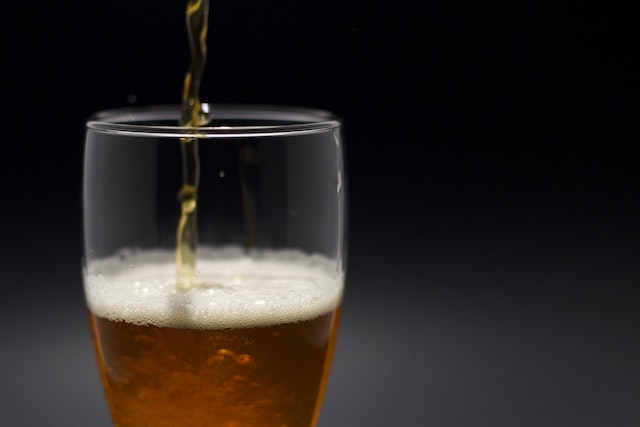
If you only had one or two drinks, you may not even feel the effects of alcohol on your system before driving home. However, when you’re underage, and an officer pulls you over to administer a breathalyzer test, you can face a DWI charge if there is any detectable alcohol in your system. This is because of New Jersey’s zero-tolerance policy. Understanding what the policy is and the consequences you can face is crucial. You’ll also want to keep reading to learn how a Bergen County DWI attorney can help you navigate the charges.
Unlike general DUI laws, which provide a legal limit allowing someone to operate a vehicle while there is alcohol in their system, the zero-tolerance law is different. Because it is illegal for anyone under 21 to consume alcohol, having any detectable trace in your system can warrant a DWI. This means a BAC of 0.01% can leave you facing a DWI charge.
Though it may seem harsh to penalize young drivers with a DWI for drinking one drink with dinner, it is used as a means to deter those under 21 from breaking the law. Unfortunately, many young drivers involved in accidents were intoxicated at the time. These laws help push young drivers away from making poor choices, as many new drivers feel invincible.
The penalties for a zero-tolerance underage DWI should not be taken lightly. These penalties include the loss of driving privileges for a minimum of 30 days, up to one month of community service, and mandatory enrollment in the intoxicated driving program.
If found to purchase alcohol while under the legal age, your license will be suspended for six months, and you face a $500 fine. If you do not have your license, your suspension will start when you receive it.
When facing charges, it’s important not to argue with the officers. Avoid admitting how much or what you drank. Instead, it’s best to remain silent when interacting with the police. You should contact a seasoned DWI attorney as soon as possible to explore your options.
A competent attorney will examine the circumstances surrounding your arrest, including whether or not the stop was legal, if the officer administered the breathalyzer test properly, or if they’ve had experience conducting field sobriety tests before. Similarly, a lawyer will look into your criminal history to aid in your defense.
Though it may not seem fair to face a charge for one glass of wine with dinner, the law is the law. However, the Law Office of Attorney Conway can help. Our dedicated legal team will do everything in our power to help keep your record clean. Reach out today to schedule your free consultation to learn how we can help you.
© 2024 The Law Office of Kevin T. Conway. All rights reserved.